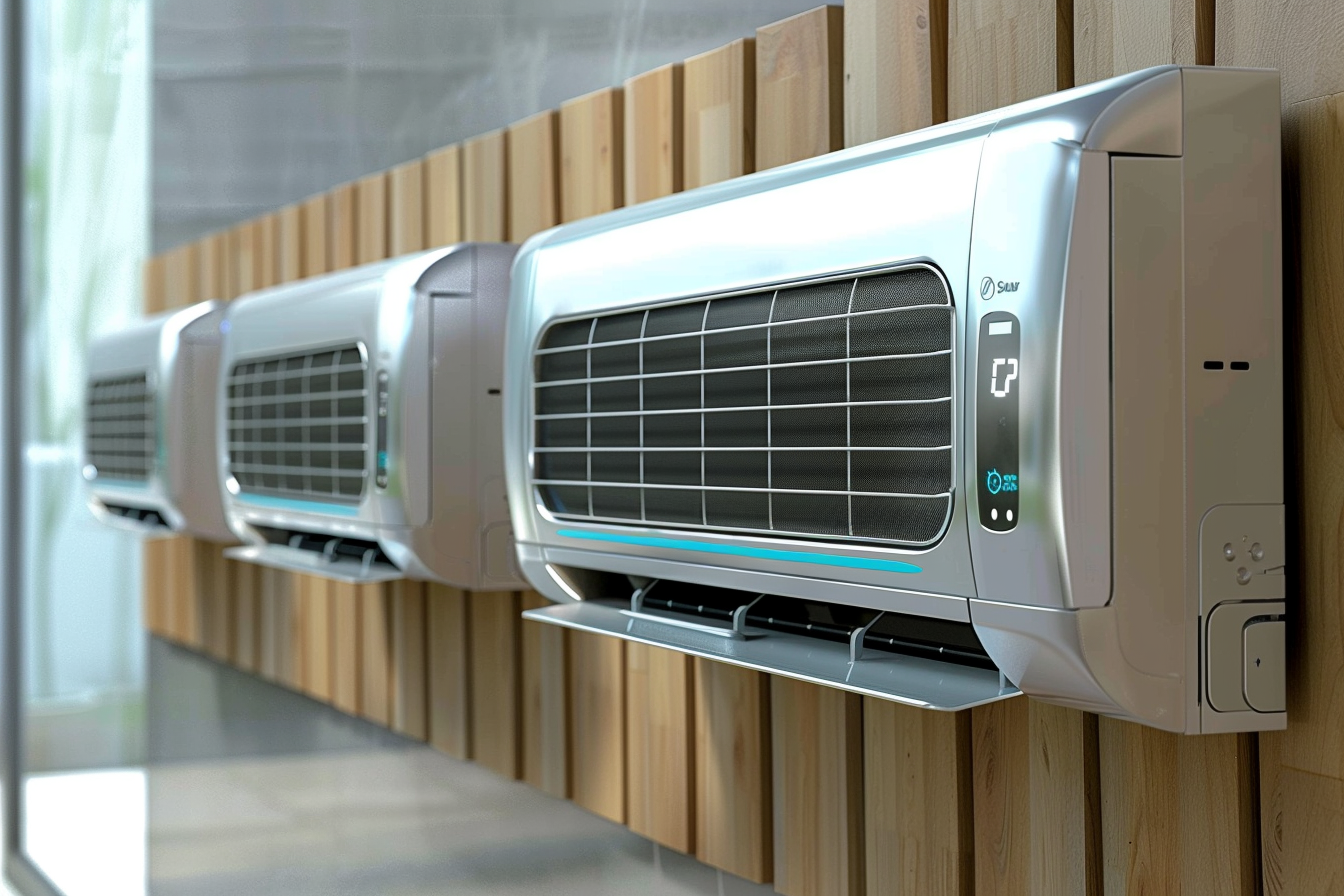Starting a Franchise with No Deposit: A Practical Guide
Launching a franchise business without an upfront deposit might sound too good to be true, but it's increasingly becoming a viable option for aspiring entrepreneurs. Various franchise models and financing arrangements now allow motivated individuals to enter the franchising world with minimal initial capital. This guide explores how these opportunities work, what to expect, and how to navigate the process successfully.

Did you know that starting a franchise without a deposit is possible?
The traditional franchise model typically requires substantial upfront investment, including franchise fees, equipment costs, and working capital. However, the landscape has evolved significantly in recent years. Some franchisors now offer deferred payment plans, while others have developed low-cost or no-deposit models specifically designed to lower barriers to entry. These arrangements often involve alternative financing structures, revenue-sharing agreements, or partnerships that distribute the initial financial burden differently.
Several factors have contributed to this shift. Franchisors recognize that talented entrepreneurs may lack immediate capital but possess the skills and dedication necessary for success. Additionally, certain service-based franchises require minimal physical infrastructure, reducing startup costs dramatically. Home-based franchises, mobile service businesses, and digital-first models have opened new pathways for those with limited funds but strong business acumen.
Understanding franchise models
Franchise structures vary considerably, and understanding these differences is essential when exploring no-deposit options. Traditional franchises involve purchasing the right to operate under an established brand, following specific operational guidelines, and paying ongoing royalties. The initial franchise fee typically covers training, brand access, and support systems.
Alternative models include master franchises, area development agreements, and conversion franchises. Master franchises grant rights to develop an entire territory, often with different financial structures. Conversion franchises allow existing independent businesses to rebrand under a franchise system, sometimes with reduced fees since infrastructure already exists.
No-deposit franchises typically fall into several categories. Some are genuinely low-cost operations requiring minimal equipment and overhead. Others offer deferred payment plans where initial fees are postponed until the business generates revenue. Revenue-sharing models may eliminate upfront fees entirely in exchange for higher ongoing royalty percentages. Each approach carries distinct advantages and considerations that potential franchisees must evaluate carefully.
How no-deposit franchise arrangements actually work
No-deposit franchise opportunities generally operate through one of several mechanisms. Deferred payment plans allow franchisees to begin operations while paying the franchise fee over time, often tied to business performance. This reduces immediate financial pressure but may result in higher total costs due to interest or extended payment terms.
Revenue-sharing arrangements replace traditional franchise fees with agreements where the franchisor takes a larger percentage of ongoing sales. While this eliminates upfront costs, it can significantly impact long-term profitability. Franchisees must carefully calculate whether the higher ongoing fees outweigh the benefit of reduced initial investment.
Some franchisors partner with third-party lenders who specialize in franchise financing. These arrangements may offer loans covering initial costs with repayment terms designed around projected business performance. While technically not deposit-free, these programs can make franchising accessible to those lacking immediate capital. Government-backed loan programs in various countries also provide financing options specifically for small business and franchise development.
Evaluating franchise opportunities with minimal upfront costs
When considering no-deposit franchise options, thorough due diligence becomes even more critical. Request and carefully review the Franchise Disclosure Document, which outlines all financial obligations, both immediate and ongoing. Pay particular attention to royalty structures, marketing fees, and any hidden costs that might emerge during operations.
Research the franchisor’s track record and speak with current franchisees about their experiences. Ask specifically about financial performance, support quality, and whether the promised no-deposit structure delivered as advertised. Investigate how long franchisees typically take to reach profitability and what challenges they faced during startup.
Consider the total cost of ownership beyond the franchise fee. Even with no deposit, businesses require working capital for inventory, marketing, insurance, and operational expenses during the initial months. Create realistic financial projections that account for all costs, not just the eliminated deposit. Many franchisees underestimate ongoing expenses and face difficulties despite avoiding initial fees.
Common franchise types offering low-entry or no-deposit options
Several franchise sectors have embraced accessible entry models. Service-based franchises, particularly those operating from home or mobile setups, often require minimal infrastructure investment. Cleaning services, tutoring businesses, consulting franchises, and digital marketing agencies frequently offer lower-cost entry points.
| Franchise Type | Typical Entry Model | Key Considerations |
|---|---|---|
| Home-based services | Deferred payments or low fees | Limited overhead but requires self-discipline |
| Mobile repair services | Equipment financing included | Vehicle and tool costs may apply |
| Digital marketing | Revenue-sharing models | Requires strong sales and marketing skills |
| Consulting franchises | Low initial fees with higher royalties | Success depends heavily on personal expertise |
| Vending or kiosk operations | Equipment leasing arrangements | Location access and foot traffic critical |
Prices, rates, or cost estimates mentioned in this article are based on the latest available information but may change over time. Independent research is advised before making financial decisions.
Preparing yourself for franchise ownership
Successfully launching a franchise without a deposit requires more than just finding the right opportunity. Develop a comprehensive business plan that demonstrates your understanding of the market, competition, and growth strategy. Even if the franchisor doesn’t require substantial upfront capital, having a clear roadmap increases your chances of success.
Build a financial cushion to cover personal expenses during the business’s early stages. Many new franchise owners underestimate how long it takes to draw a salary from their business. Having three to six months of living expenses saved provides breathing room to focus on building the business rather than worrying about immediate income.
Invest time in understanding the franchise system thoroughly. Attend discovery days, complete all training programs, and actively engage with the franchisor’s support network. The success of no-deposit franchises often depends on leveraging the franchisor’s systems and expertise effectively. Those who treat the opportunity casually or skip important preparation steps frequently struggle regardless of the financial structure.
Making the decision: Is a no-deposit franchise right for you?
No-deposit franchise opportunities offer genuine pathways to business ownership for those lacking immediate capital, but they’re not universally suitable. Assess your skills, experience, and commitment level honestly. These arrangements often require strong self-motivation, sales ability, and willingness to work intensively during the startup phase.
Consider your long-term financial goals. While eliminating upfront costs provides immediate relief, higher ongoing fees or deferred payment obligations may impact profitability for years. Calculate the total investment over five to ten years and compare it with traditional franchise structures. Sometimes paying more upfront results in better long-term economics.
Ultimately, the viability of starting a franchise without a deposit depends on finding the right match between your capabilities, the franchise system, and market conditions. Approach the opportunity with realistic expectations, thorough research, and commitment to following proven systems. With proper preparation and the right franchise partner, building a successful business without substantial upfront capital is entirely achievable.




